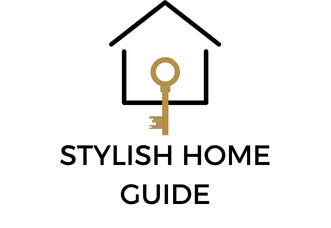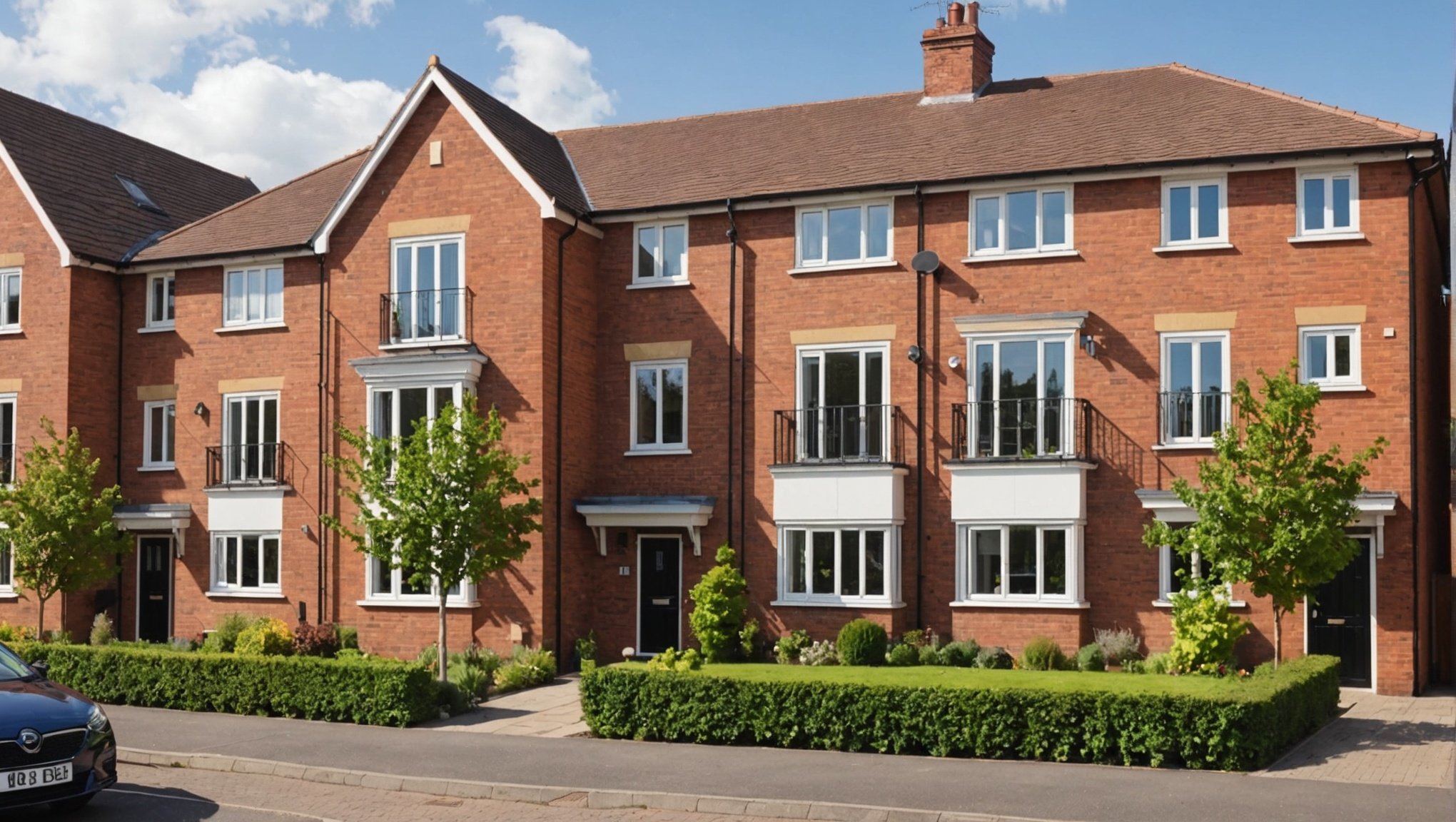As you traverse the complex world of property investment and home ownership, you may find yourself stumbling upon various strategies and techniques promising beneficial outcomes. One such method which continues to gain traction, particularly amidst first-time buyers and lower-income households, is ‘shared ownership’. Today, we shall delve into the intricacies of this scheme, discussing how it operates, the potential benefits, and why it may be an attractive option for those aspiring to get onto the property ladder in Nottingham.
The Basics of Shared Ownership Schemes
Before diving into the specifics, it’s crucial to understand exactly what shared ownership entails. Typically, this scheme involves purchasing a share of a property, between 25% and 75%, while paying rent on the remaining share. The property is usually owned by a housing association, and over time, you have the option to buy more shares in your home, a process known as ‘staircasing’, until you own the property outright.
Shared ownership is particularly appealing to those who may struggle to afford a significant deposit or meet the steep mortgage requirements associated with buying a house outright. It’s a viable step towards owning your home, allowing buyers to get onto the property ladder without the immense financial burden that can often come with it.
Benefits of Shared Ownership: Lower Initial Costs
One of the primary advantages of shared ownership schemes is the comparatively lower initial costs. When purchasing a share of a property, you’ll need to secure a mortgage for the portion you’re buying, and a deposit for that mortgage. This can be considerably less than the deposit required for buying a house outright.
For example, if you’re buying a 50% share of a property priced at £200,000, your mortgage would be for £100,000. Most shared ownership mortgage providers require a deposit of around 5-10% of the share you’re buying, which in this case would be £5,000-£10,000. When compared to the standard deposit of 10-20% for outright ownership, the financial savings are clear.
Gradual Ownership and Flexibility
Shared ownership offers a flexible approach to buying a property. You have the freedom to buy more shares in your home over time, as and when your financial circumstances allow. This can be a more manageable way to eventually own 100% of the property. If your income increases, you can buy a larger share; if times are lean, you can remain with your current share.
In Nottingham, the average house price currently sits at about £200,000. If you were to buy a 25% share of a property at this price, you would be looking at a mortgage and deposit for just £50,000. As time goes on and your financial situation improves, you can gradually increase your ownership until you own the house outright, without having to come up with a sizable deposit at the outset.
Potential for Profit
While shared ownership helps alleviate some of the financial barriers to home ownership, it also opens up opportunities for profit. As you gradually buy more shares in your home, any increase in the property’s value will benefit you. If the property’s value increases, so does the value of your shares.
This profit potential, combined with the lower initial costs, makes shared ownership a highly appealing option for first-time home buyers in Nottingham. The city is an attractive location for shared ownership due to its strong housing market and growing economy, which increases the potential for property appreciation over time.
Reduced Rent and Control Over Your Home
Another significant advantage of shared ownership schemes is the reduced rent. While you will have to pay rent on the share of the property you do not own, this rent is typically capped at a maximum of 3% of the housing association’s share and is often much less than you would pay in private rented accommodation.
Furthermore, even though you do not own the property outright from the start, you still enjoy the benefits of being a homeowner. You are free to decorate and make improvements to your home, and you’re not at the mercy of a private landlord who can increase your rent or ask you to leave at short notice.
Shared ownership schemes in Nottingham offer a lifeline to those who feel caught in the perpetual cycle of renting. By providing a more affordable entry point to the property market, these schemes have the potential to make the dream of home ownership a reality for many.
Shared Ownership and Stamp Duty
One key aspect of shared ownership that many potential buyers may overlook is the potential for stamp duty savings. Stamp duty is a tax paid on property purchases, and how it applies to shared ownership can be complex but can ultimately provide savings for buyers.
If you’re buying a share of a property through a shared ownership scheme, you have two options when it comes to paying stamp duty. You can choose to pay the duty only on the share you’re purchasing, or you can opt to pay the duty on the property’s full market value. The latter option, known as ‘market value election’, enables you to avoid any further stamp duty payments if you choose to buy more shares in the property later on.
For instance, if you decide to buy a 25% share in a property worth £200,000 in Nottingham, you might opt to pay stamp duty only on the £50,000 share you’re purchasing. This could mean paying little or no stamp duty, depending on the current tax thresholds. This option is particularly appealing to first-time buyers, who receive a stamp duty relief on properties worth up to £300,000.
However, if you plan on staircasing to complete ownership over time, making a market value election could save you more in the long run. This is because any future stamp duty charges would be based on the property value at the time of your original purchase, not its potentially higher value in the future.
Shared Ownership Service Charges and Council Tax
Shared ownership properties often come with service charges and council tax responsibilities that potential buyers should be aware of. These charges cover the cost of maintaining the common parts of the building and the surrounding area, such as cleaning, gardening, and repairs.
While these costs can vary, they are generally quite reasonable and are clearly outlined before you commit to the purchase. This transparency helps you to budget effectively and ensure that there are no unexpected costs down the line. In addition, these charges are typically shared between all the residents of the property, further reducing the financial burden on any individual homeowner.
Similar to outright ownership, shared owners are also typically responsible for paying council tax. The amount of council tax you pay will depend on the valuation band your property falls into, which is determined by the local council. However, you may be eligible for certain discounts or exemptions, especially if you’re a single occupant or a first-time buyer.
Conclusion
In conclusion, shared ownership offers an incredibly accessible and flexible pathway to property ownership. This approach not only allows you to gradually acquire more of your property as your financial circumstances improve but also offers the potential for profit as property values increase.
The city of Nottingham, with its strong housing market and growing economy, offers a promising landscape for shared ownership. The reduced upfront costs, potential stamp duty savings, manageable service charges, and council tax responsibilities make this a popular choice for aspiring homeowners.
The key to making the most out of a shared ownership scheme is understanding all aspects involved, from the initial purchase to the ongoing costs. By doing so, you can make an informed decision that aligns with your financial goals and home ownership dreams.
















